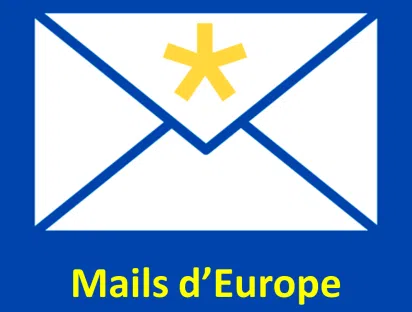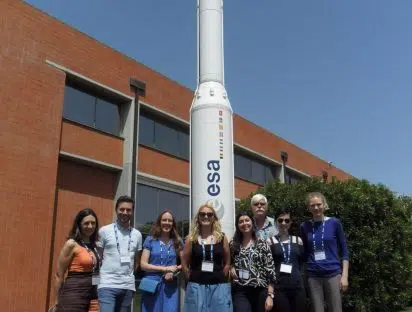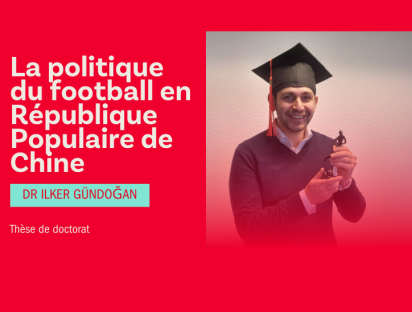A report by Harald Koepping Athanasopoulos.
Along with the UACES conference, the annual conference of the Council for European Studies (CES) is one of the highlights of the academic year of those studying Europe and its institutions. At the 2017 edition, the EU-Asia Institute was represented by Thomas Hoerber, Antonella Forganni, and myself.
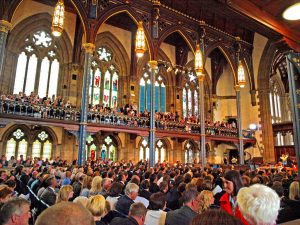
Bute Hall, University of Glasgow
This 24th CES conference was held in July at the University of Glasgow, which proved to be a very good choice. The university boasts an excellent infrastructure and many of its buildings are simply breathtaking. While I love the Harry Potter movies, the great hall of Hogwarts pales in comparison to the University of Glasgow’s Bute Hall, which literally left me speechless. While it was not always easy to find the location of each panel, getting lost often proved rewarding, as the surroundings of the university campus proved more than rich in splendor.
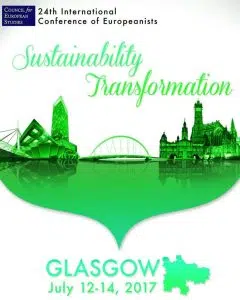
I also had the opportunity to present my own work and I was actually involved with three conference papers. I was particularly honored to have co-authored a paper with my wife, who is a doctoral researcher at the University of Leipzig. Our paper dealt with technocracy in the development committee of the European Parliament. We received very insightful feedback and left our panel with a smile.
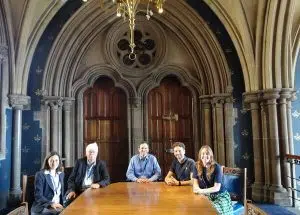
The space policy panel in a neo-gothic setting: Antonella Forganni, Andrew Thomas, Thomas Hoerber, Harald Koepping Athanasopoulos, Lorna Ryan.
Apart from that, Antonella had put together a panel on European space policy, which featured many regular participants of the ESSCA space policy workshops that Thomas has been organizing for many years now. The panel’s ‘siesta slot’ in the conference schedule meant that the size of our audience was limited, but our panel was livestreamed by The Conversation and over 300 people watched it online! Finally, in the last session of the conference I presented a panel that was based on a chapter of my PhD thesis and which I have since submitted to a journal. Unfortunately, as happens sometimes at conferences, my discussant had not read the paper, but I still received encouraging feedback from the audience.
While the conference itself was both interesting and useful academically, I do have one thing to criticize: since both my wife and I attended the conference, we brought our one-year-old daughter Katerina along. She loved Glasgow’s awesome playgrounds but, understandably, found the research panels less entertaining. As there appeared to be lots of couples with children, it would have been great to have daycare provided, especially considering the conference fee, which is not exactly negligible. Nevertheless, overall the conference was a great experience, and I’ll be glad to return in the future.
Harald Koepping Athanasopulous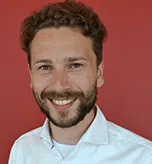
An expert in migration studies and space policy, he is currently based in Leipzig, Germany.

